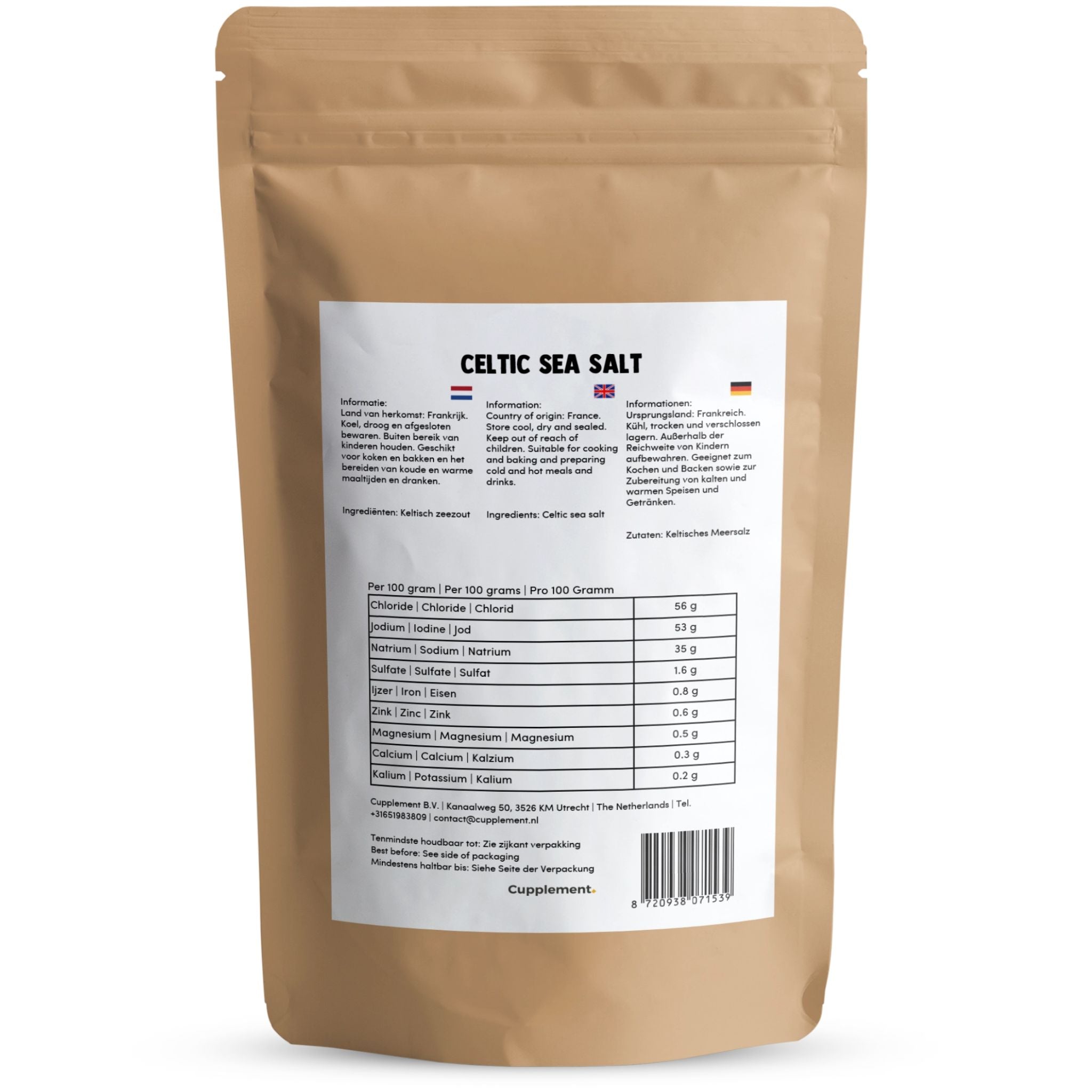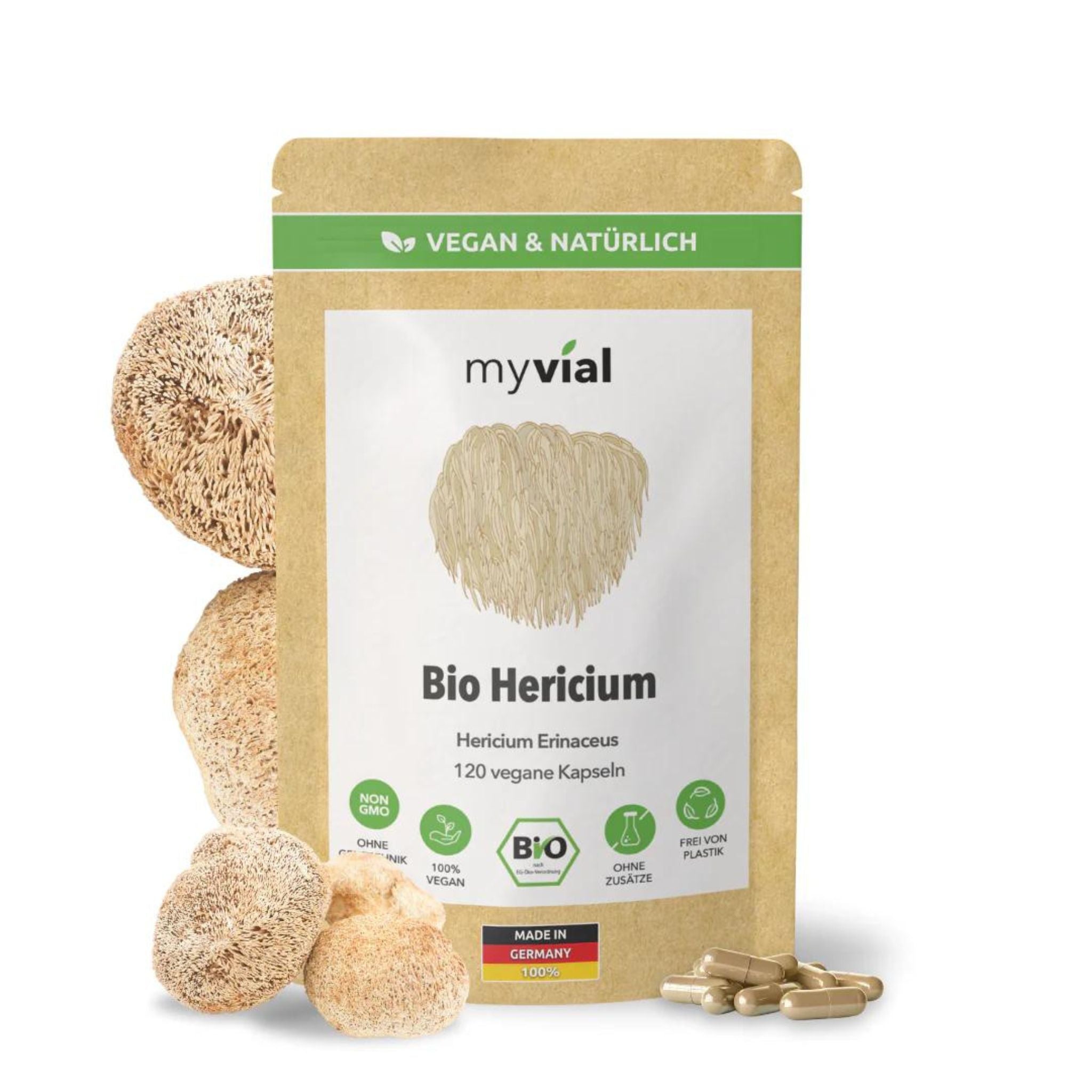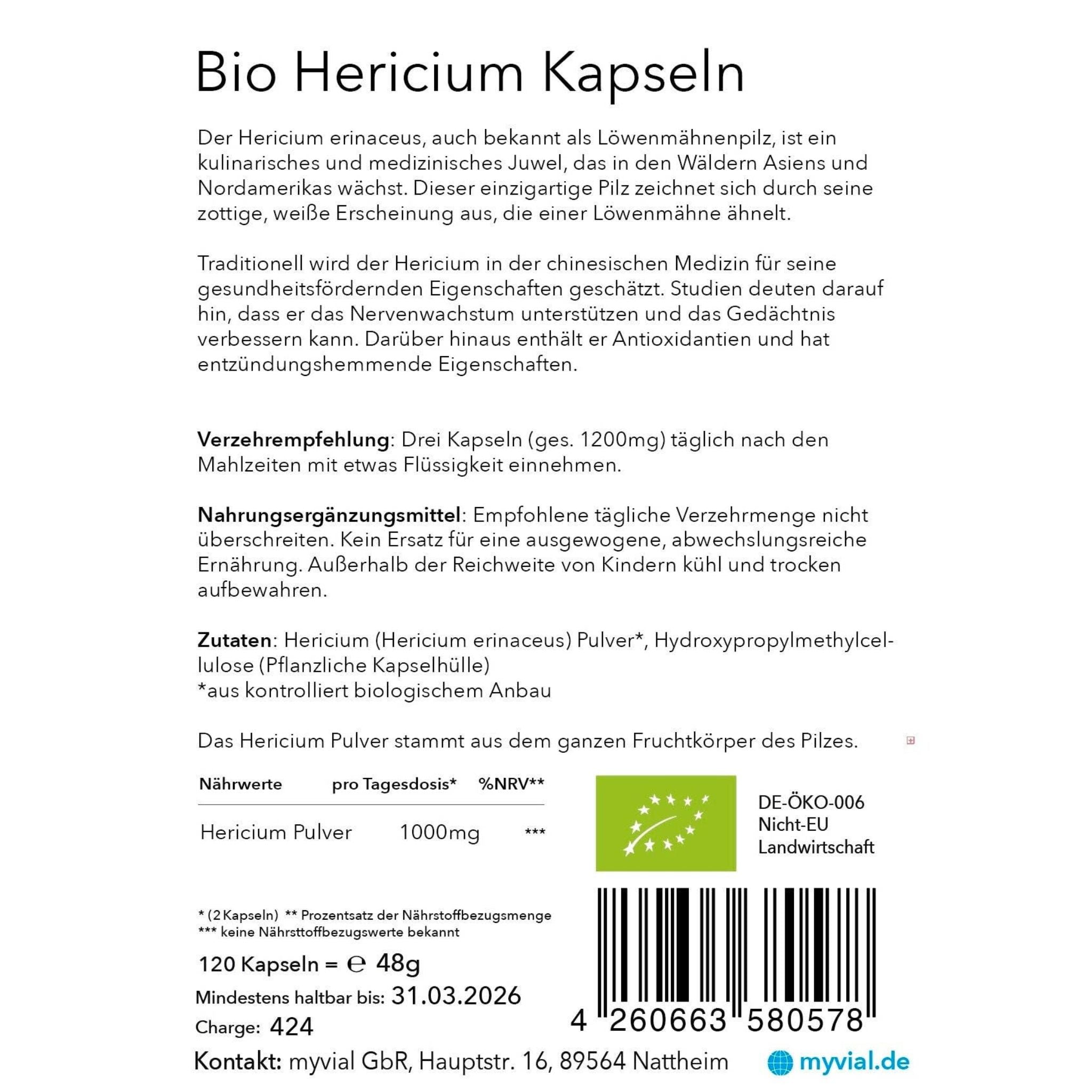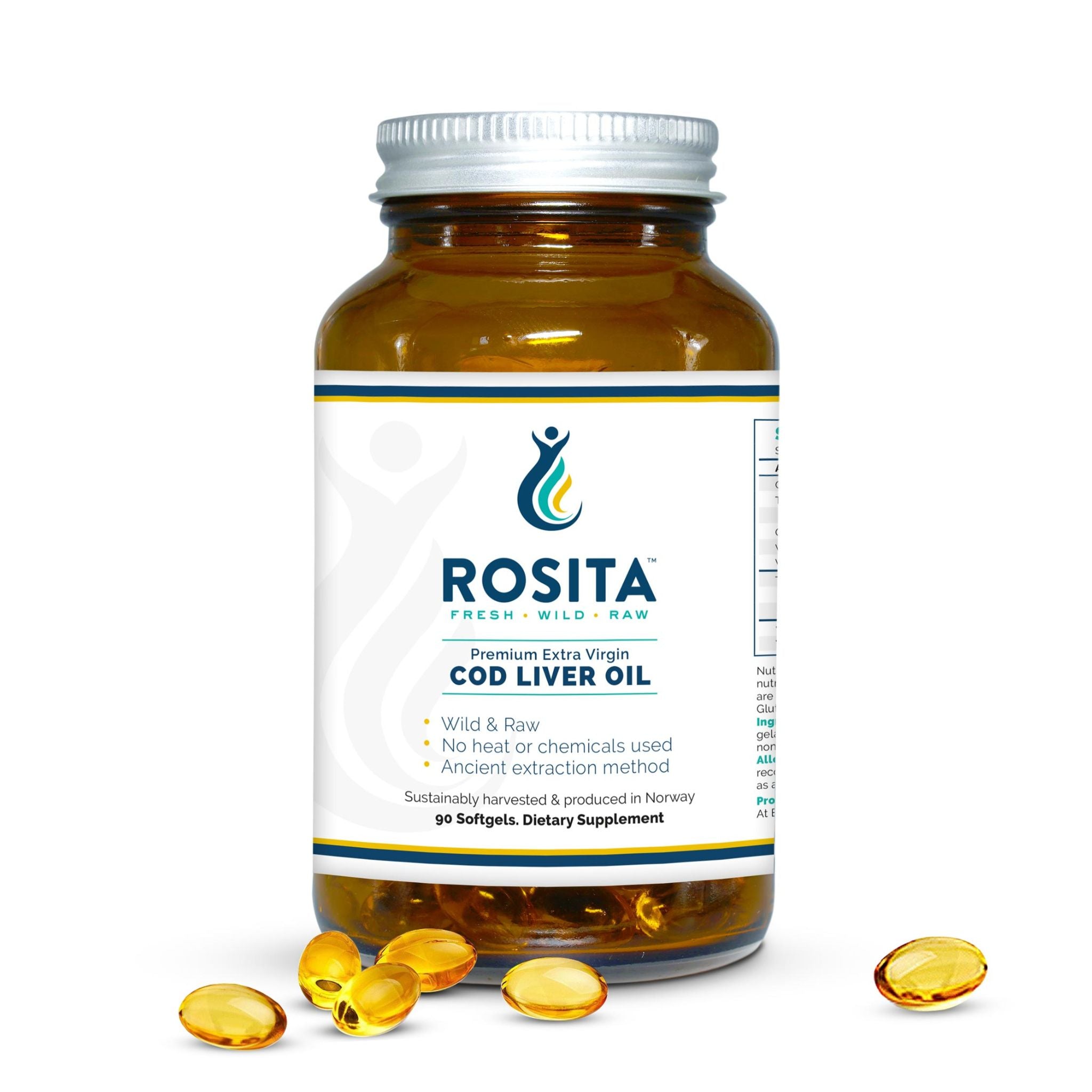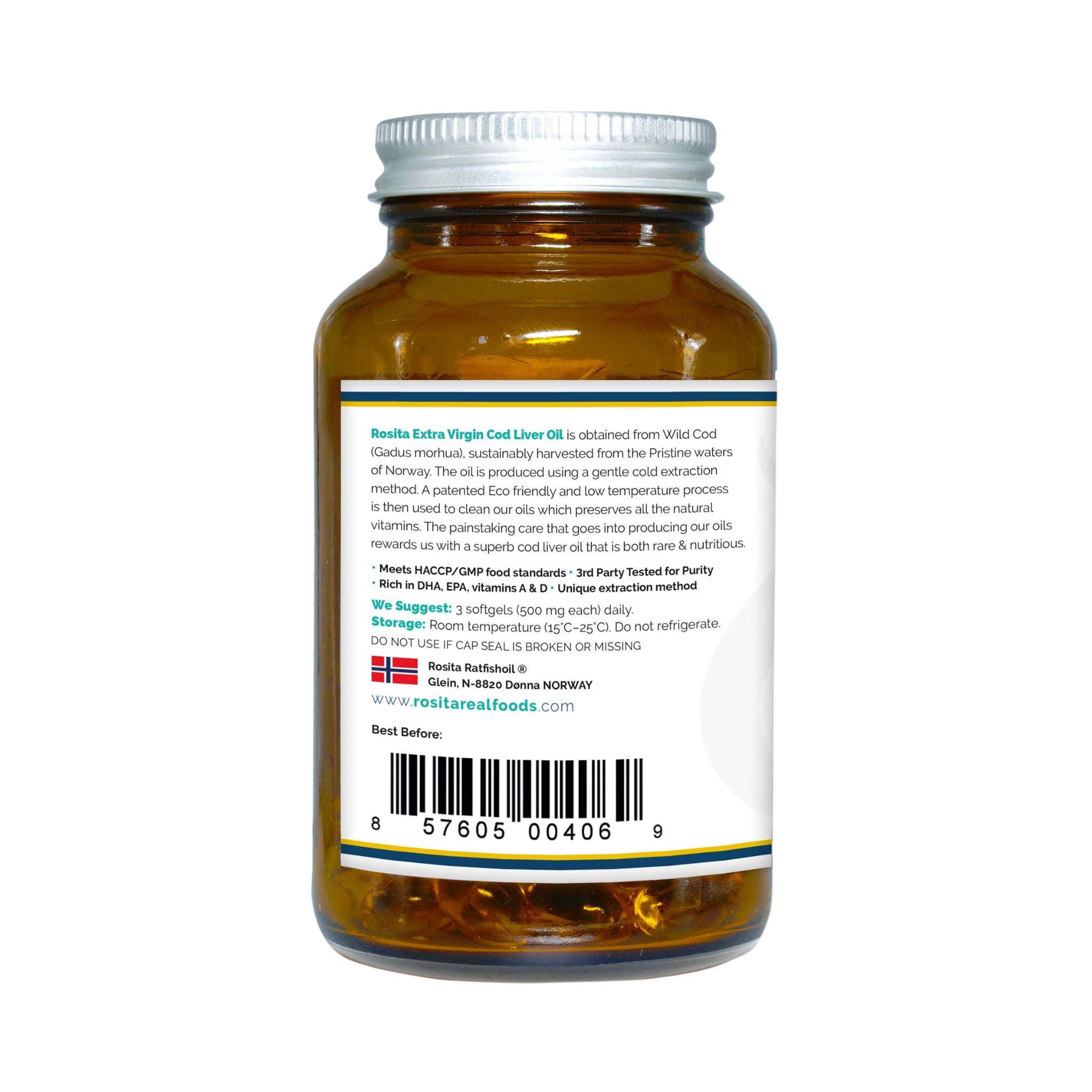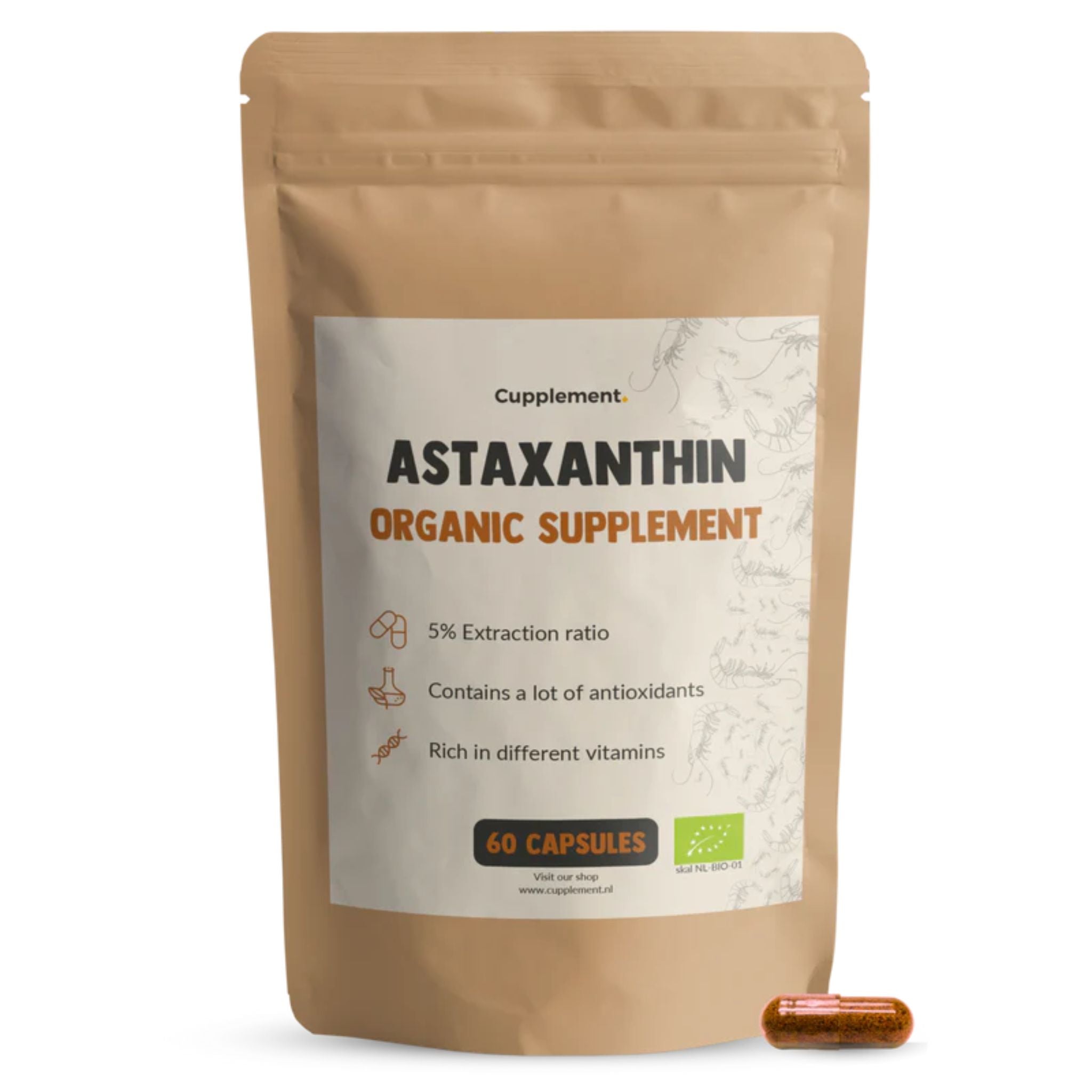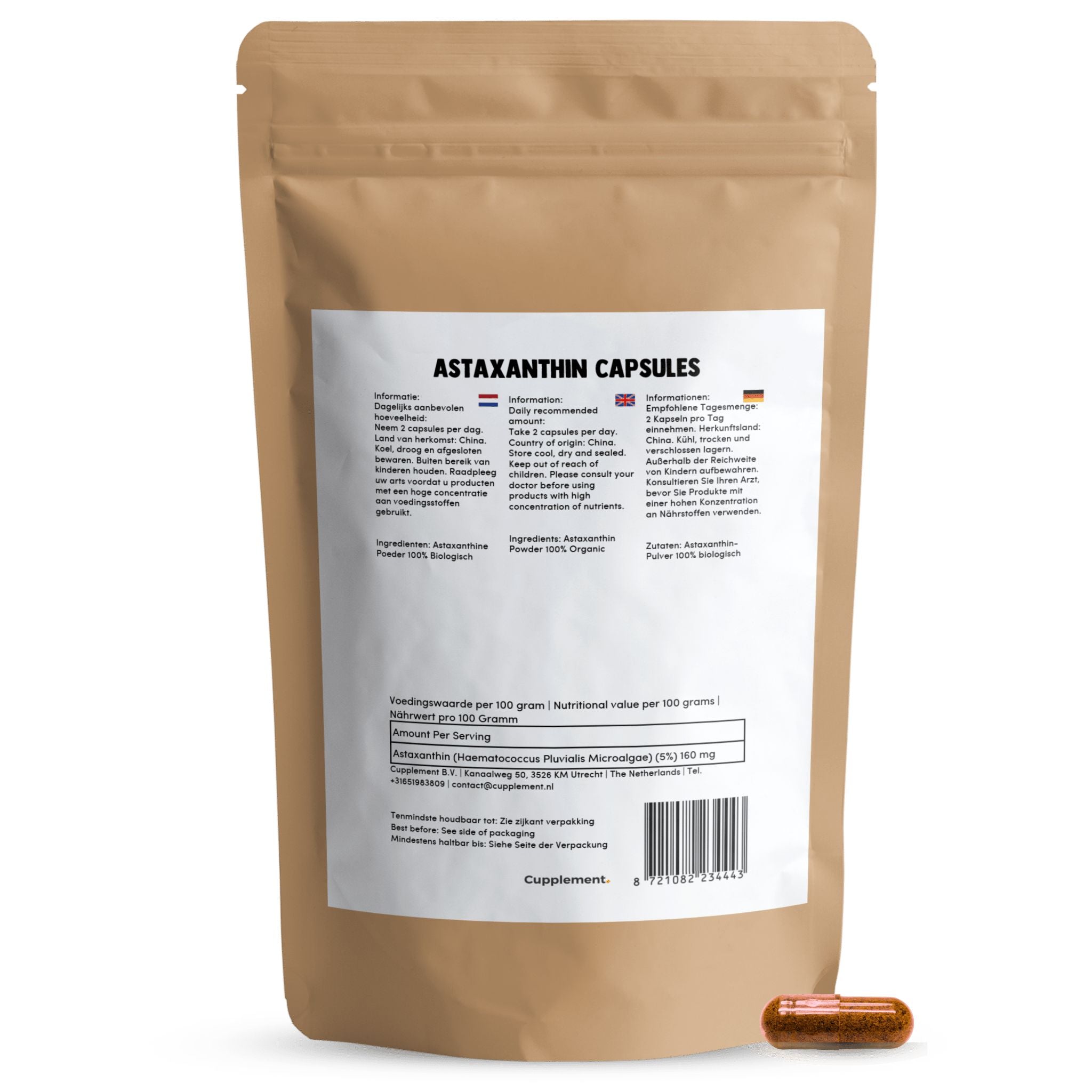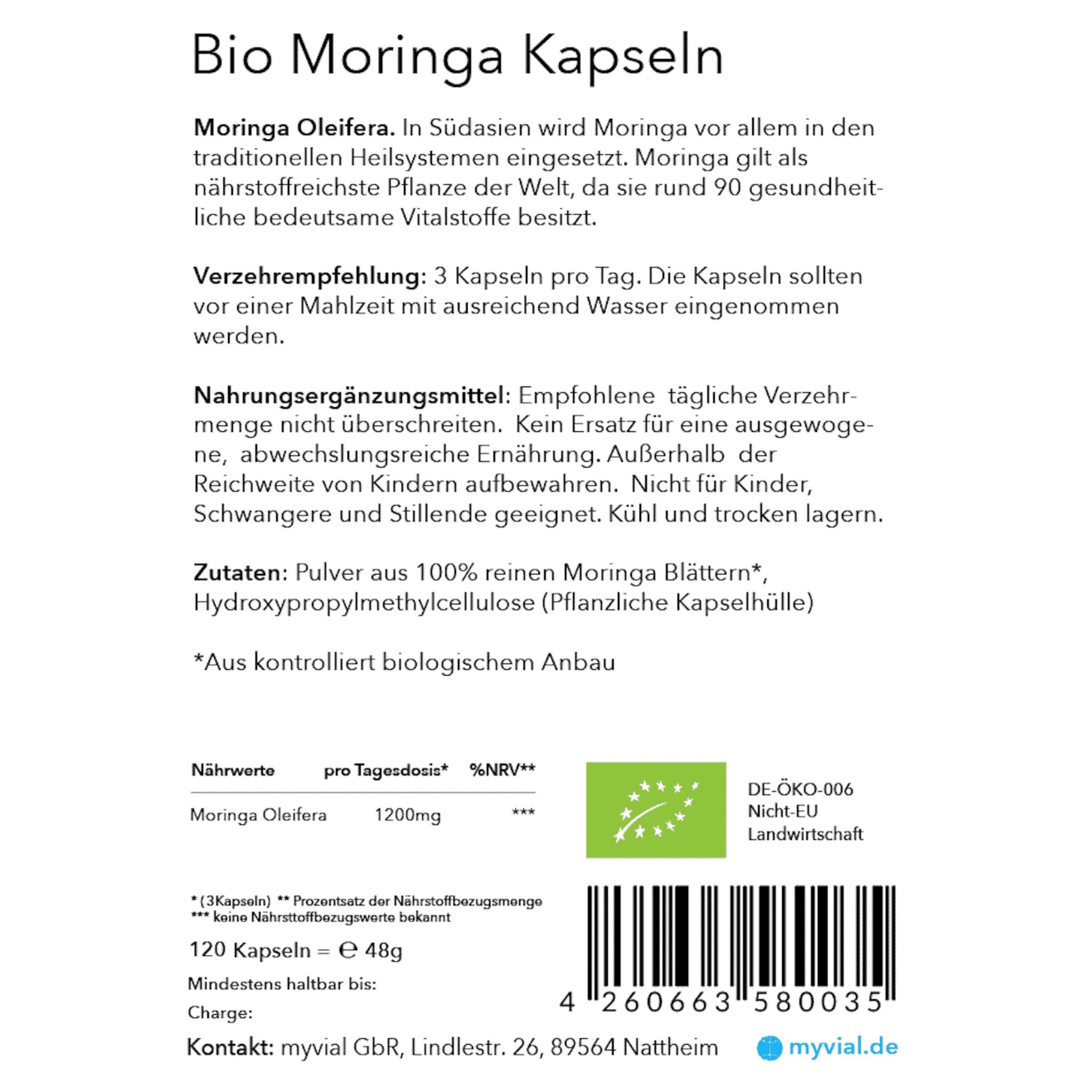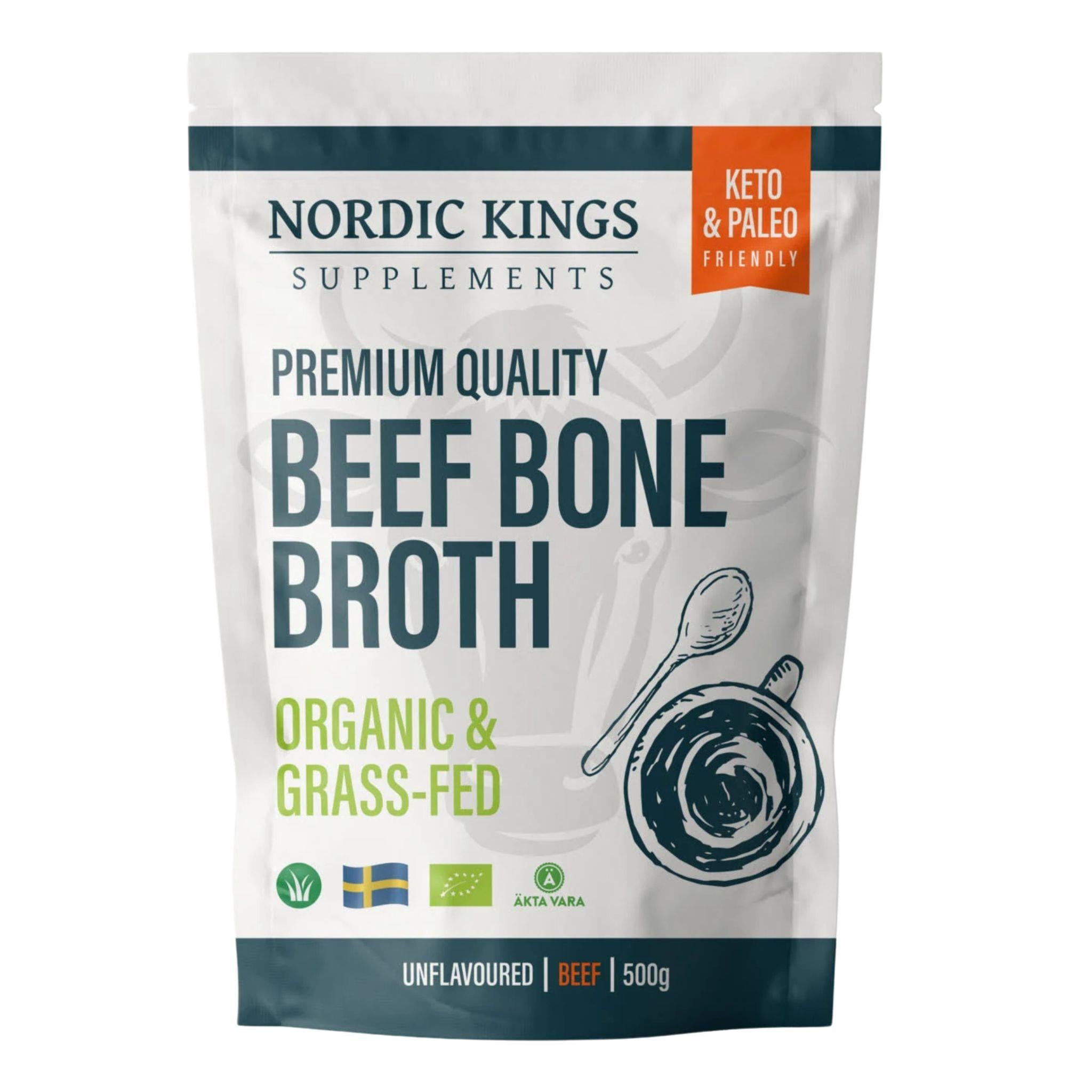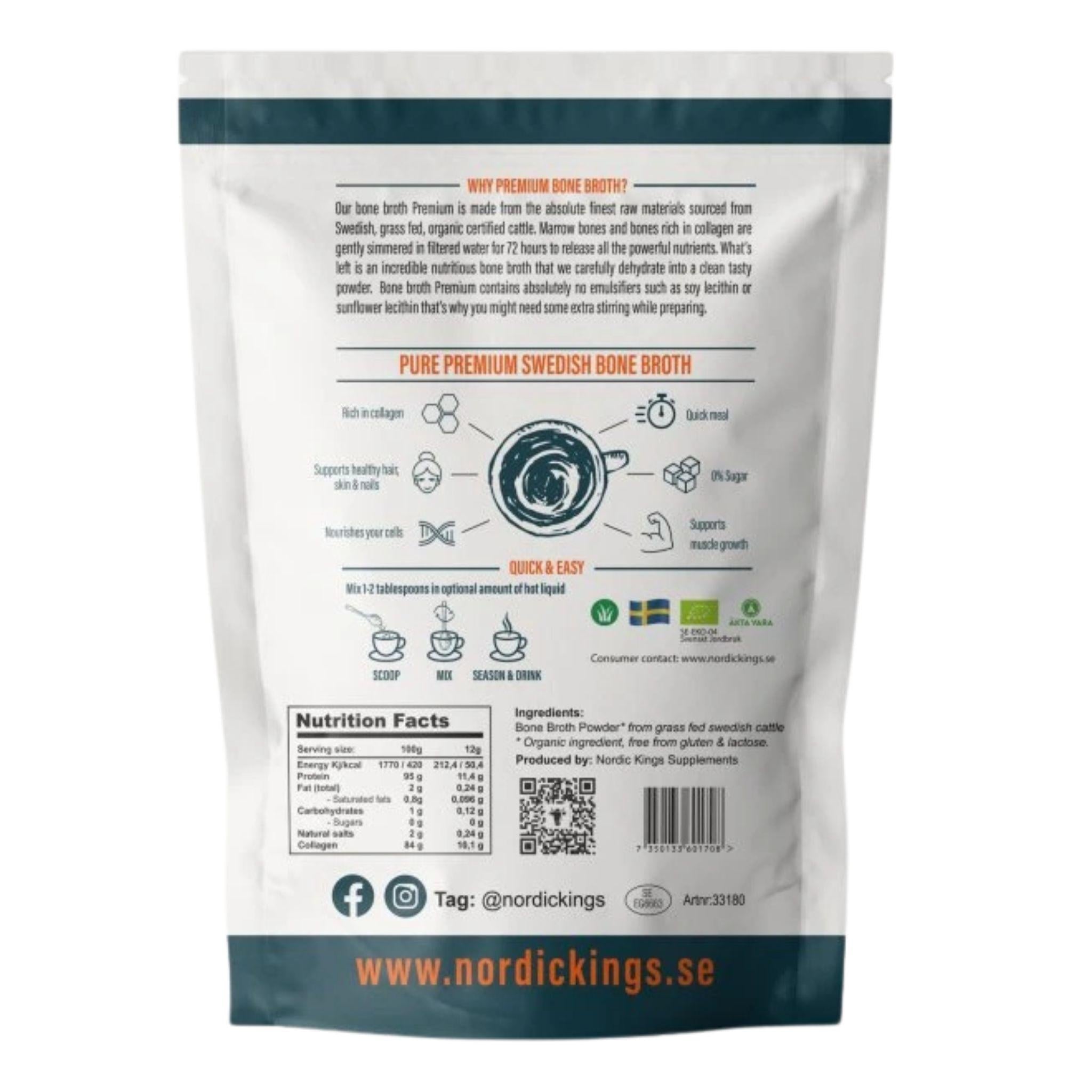Berberine: The Natural Supplement for Blood Sugar and Heart Health
Berberine is quickly gaining recognition as one of the most effective natural supplements for health and wellness. Known for its bright yellow color and potent therapeutic properties, Berberine has been used in traditional Chinese and Ayurvedic medicine for centuries. But what makes this alkaloid so special, and why are so many people turning to it for support? In this article, we’ll explore the origins, benefits, and recommended uses of Berberine and discuss how it may help improve blood sugar regulation, heart health, and overall wellness.
What is Berberine?
Berberine is a natural compound found in several plants, including Goldenseal, Barberry, Oregon grape, and Tree turmeric. It’s classified as an alkaloid, a type of chemical compound known for its strong biological effects. Berberine has a long history of use in traditional medicine, where it’s been utilized to treat everything from infections to digestive issues.
In recent years, scientific studies have confirmed many of Berberine’s health benefits, and it’s now widely recognized for its role in regulating blood sugar, supporting metabolic health, and promoting cardiovascular wellness.
How Does Berberine Work?
Berberine is unique in how it interacts with the body at a cellular level. Once ingested, it activates an enzyme called AMPK (adenosine monophosphate-activated protein kinase), often referred to as the “metabolic master switch.” AMPK plays a crucial role in regulating metabolism, blood sugar levels, and energy balance. By activating AMPK, Berberine helps improve insulin sensitivity, enhances glucose uptake in cells, and promotes fat breakdown.
Additionally, Berberine has been shown to influence gut health positively, reduce inflammation, and act as an antioxidant, providing numerous benefits to overall health.
Top Health Benefits of Berberine
1. Blood Sugar Regulation
One of the primary benefits of Berberine is its ability to support healthy blood sugar levels. Research has shown that Berberine is effective in lowering blood glucose and improving insulin sensitivity, making it a valuable tool for people with type 2 diabetes or insulin resistance. By promoting glucose uptake and reducing sugar production in the liver, Berberine helps maintain balanced blood sugar levels.
2. Supports Heart Health
Berberine’s effects on blood sugar also translate into benefits for heart health. Studies suggest that Berberine may reduce LDL cholesterol and triglycerides while increasing HDL cholesterol, which is beneficial for cardiovascular health. By improving lipid profiles and reducing inflammation, Berberine may lower the risk of heart disease and support a healthy cardiovascular system.
3. Weight Management and Metabolism
Thanks to its role in activating AMPK, Berberine has been linked to improved metabolism and weight management. By promoting fat breakdown and improving the body’s energy usage, Berberine can support weight loss efforts and prevent weight gain. Some research also indicates that Berberine can reduce visceral fat, which is the fat stored around internal organs and associated with a higher risk of health issues.
4. Enhanced Gut Health
Berberine has natural antimicrobial properties that help maintain a healthy balance of gut bacteria. It has been shown to inhibit the growth of harmful bacteria while supporting the beneficial bacteria in the digestive tract. This makes Berberine a useful supplement for those dealing with gut health issues, including small intestinal bacterial overgrowth (SIBO) and other imbalances.
5. Anti-Inflammatory and Antioxidant Effects
Inflammation is a major factor in many chronic diseases, and Berberine has been shown to have anti-inflammatory effects that may benefit overall health. Its antioxidant properties help combat oxidative stress, protecting cells from damage and reducing inflammation throughout the body.
How to Take Berberine
Berberine is commonly available in capsule or powder form. The typical recommended dose is 500 mg, taken 2-3 times per day, ideally with meals. Since Berberine has a short half-life, it’s best to spread doses throughout the day for optimal effects. However, as with any supplement, it’s wise to consult a healthcare professional before starting Berberine, especially if you’re on medication, as it may interact with certain drugs.
Potential Side Effects and Precautions
While Berberine is generally well-tolerated, some people may experience mild side effects like digestive discomfort, constipation, or cramping. Starting with a lower dose and gradually increasing can help minimize these effects. Additionally, Berberine is not recommended for pregnant or breastfeeding women, and it’s essential to consult a healthcare provider if you have any medical conditions or are taking medication.
Berberine vs. Conventional Diabetes Medication
Interestingly, research has compared Berberine to conventional diabetes medications like Metformin, with promising results. Some studies suggest that Berberine may be as effective as Metformin in lowering blood sugar levels. However, it’s essential to note that Berberine should not be seen as a direct replacement for prescribed medications. Always consult a healthcare professional before making any changes to your treatment plan.
Conclusion: Is Berberine Right for You?
Berberine offers a wide range of health benefits, from blood sugar regulation to heart health support and enhanced gut health. If you’re looking for a natural supplement to support metabolic and cardiovascular health, Berberine may be worth considering. However, as with any supplement, responsible use is key, so consult your healthcare provider to ensure it’s suitable for your needs.
Interested in adding Berberine to your wellness routine? Check out our selection of high-quality Berberine supplements and start experiencing the benefits of this powerful natural compound.


